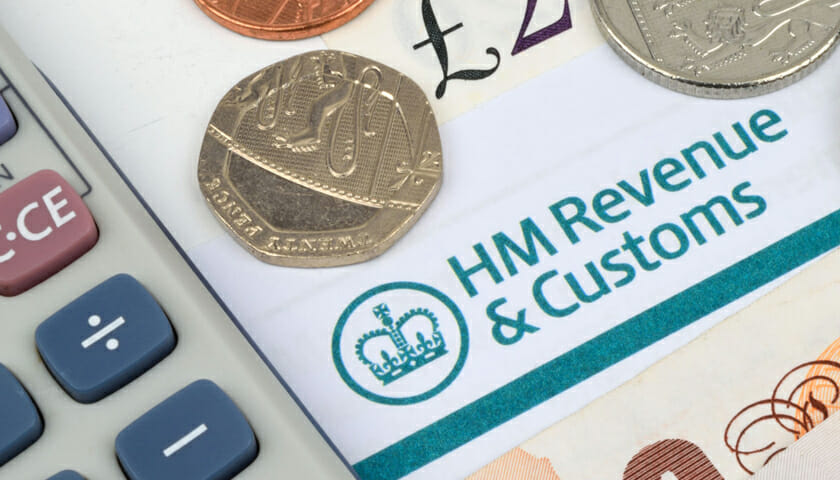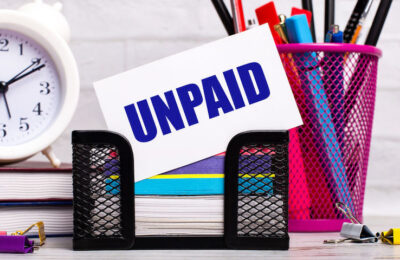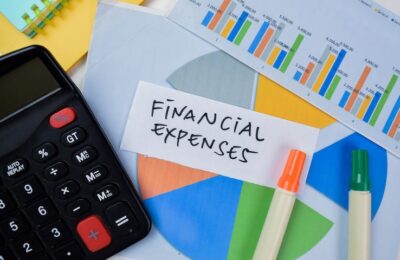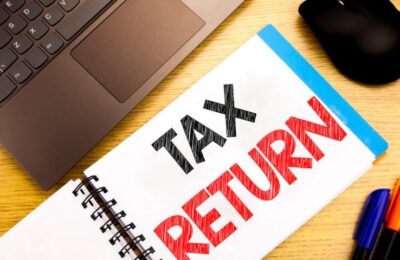Tax return season has come and gone again. Now the Self-Assessment Tax Return deadline has gone, many of you may be wondering how to reduce your tax bill legitimately. In our experience the best way to do this is to use an accountancy firm like THP. Good accountants have an in-depth understanding of tax breaks and reliefs that can lower the amount you pay. That said, in this post we share some of our top tips to reduce your tax bill if you are self-employed or run a small business.
1. Make full use of tax-deductible expenses
If you’re self-employed, there are hundreds of things you can claim back as allowable expenses. These include office and travel costs, advertising and marketing, business-related training, financial costs such as insurance or bank charges and costs related to your business premises such as heating and lighting. For a fuller list of allowable expenses, visit this page on the Gov.uk website.
2. Claim capital allowances
If you use traditional accounting, you can claim back capital allowances for items such as equipment, machinery or business vehicles. However, if you use cash basis accounting you can only claim a capital allowance when you buy a car for your business. Other capital expenditure items should be claimed as allowable expenses. There is more information on capital allowances here.
3. Reclaim VAT
If you have a VAT-registered business, you can claim back VAT on items you buy for business use. You can do this via your VAT return.
4. Claim research & development (R&D) tax credits
If your business is involved in innovative projects in the fields of science and technology, you may be able to claim R&D tax credits. You can even claim these on unsuccessful projects. If you think you may be eligible, our R&D Relief and Tax Credit Service could help you make significant tax savings.
5. Use the Patent Box scheme
If you have a company that has patented inventions or innovations, you may be able to reduce your Corporation Tax rate to 10%. You can also do this if your firm holds certain medicinal or botanic innovation rights. To find out more about this, visit this page about the Patent Box scheme.
6. Claim pre-trading expenses
If your business is new, you may be able to claim back some of the expenses you incurred before your started trading. You can do this via your first tax return. Learn more about how to do this here.
7. Claim Business Rates Relief
If you pay business rates, you may be eligible for a discount. This is called Business Rates Relief. Get in touch with your local council or visit its website to find out more.
8. Claim back Gift Aid
If you have a company or unincorporated association, you can claim back tax relief on any qualifying donations paid to charities.
9. Budget for your tax bill
This tip won’t reduce your tax bill, but it can make paying it less painful. If you struggle to put enough money away to pay your annual Self-Assessment tax bill, you could set up a Budget Payment Plan. This allows you to pay monthly or weekly contributions to your annual tax bill. If you overpay as a result, you’ll get a refund. If you underpay, you’ll need to pay the extra amount before the annual deadline. However, if you aren’t able to make a payment at any point, you can pause payments for up to six months.
As you can see, there are lots of legitimate ways to reduce your tax bill, whether it’s Self-Assessment, Corporation Tax or VAT. However, these tips only scratch the surface when it comes to the savings you make. If you’d like to explore more ways of legitimately reducing your tax bill, get in touch today. One of our accountants would be delighted to help you.
About Karen Jones
Having worked for one of the world’s largest accountancy firms, Karen Jones uses her tax knowledge and skills to help clients obtain substantial reductions to their tax liabilities.
With an expanding portfolio of tax clients, Karen enjoys the variety her work brings her and particularly likes working with new businesses and people. With a growing number of tax clients, she frequently faces a variety of challenges and relishes the experience she gains as she solves them.
Karen likes the THP ethos: “I like the way the team has a professional, but friendly and down-to-earth approach – it creates a productive atmosphere that benefits everyone.”
Karen’s specialist skills:
- Personal Taxation
- Tax Efficient Planning
- Trust Administration












